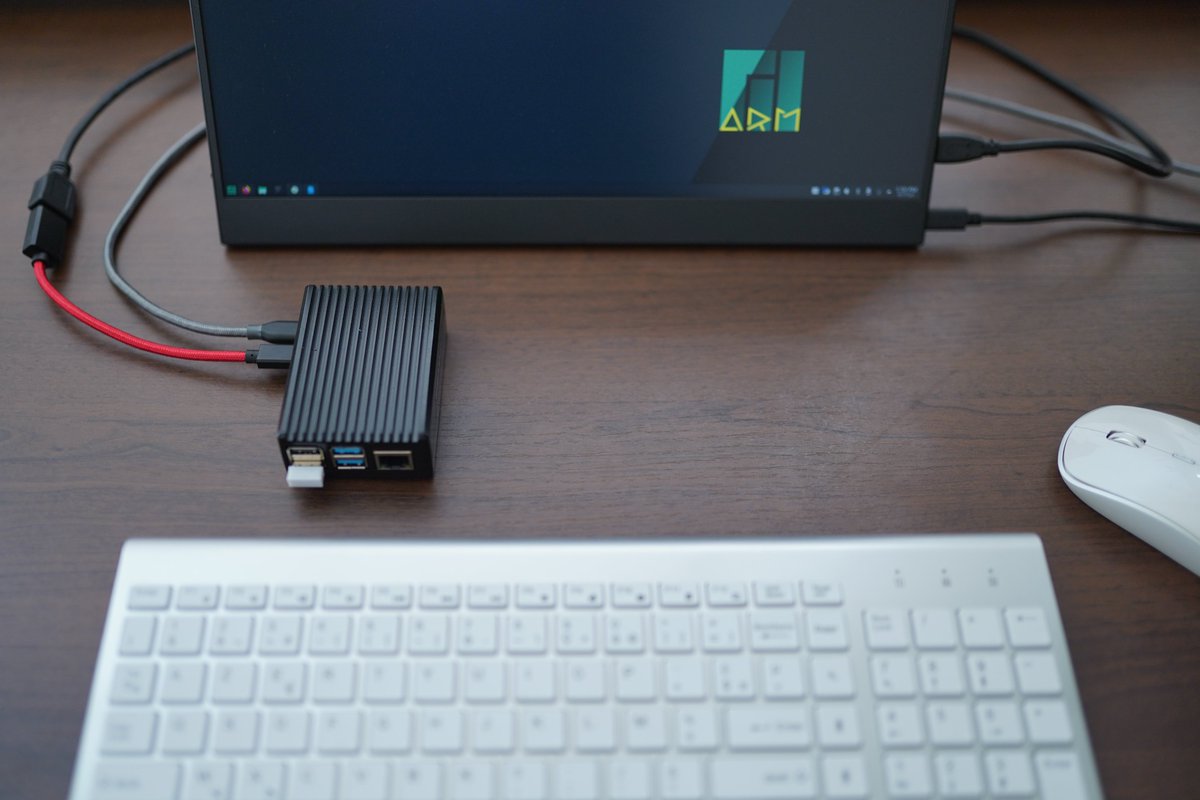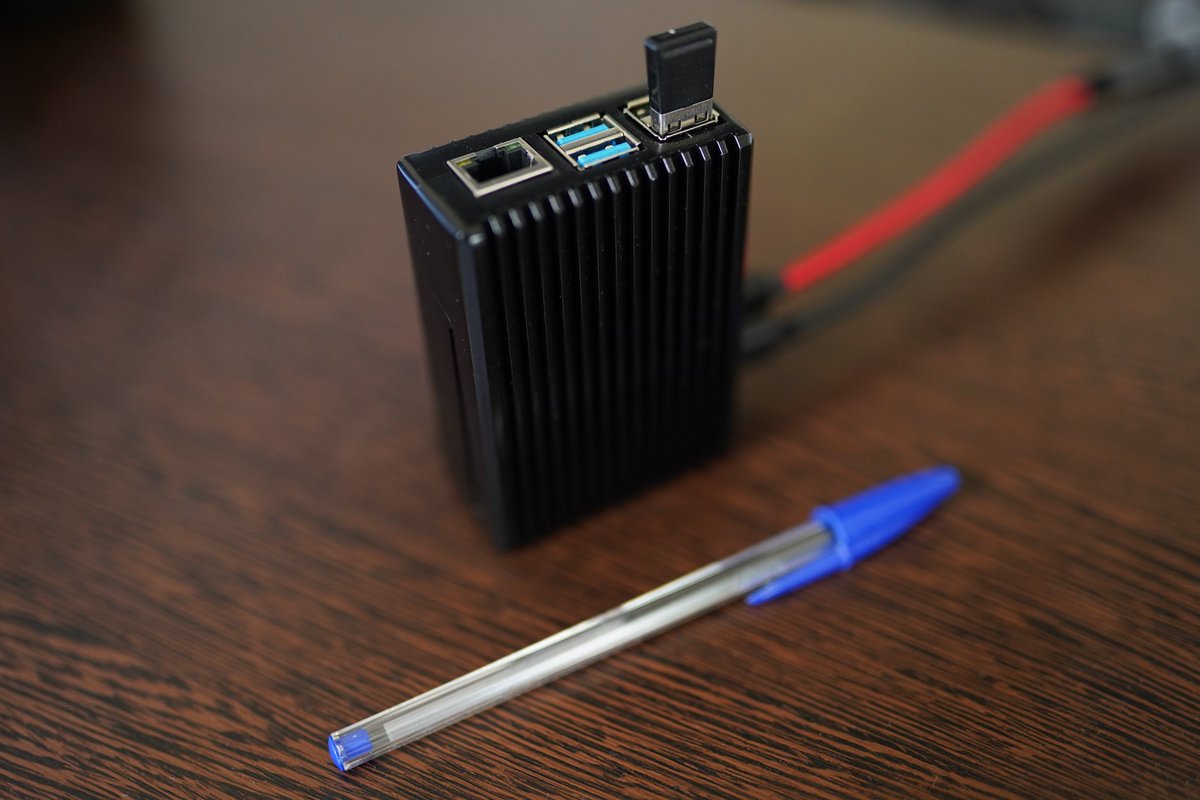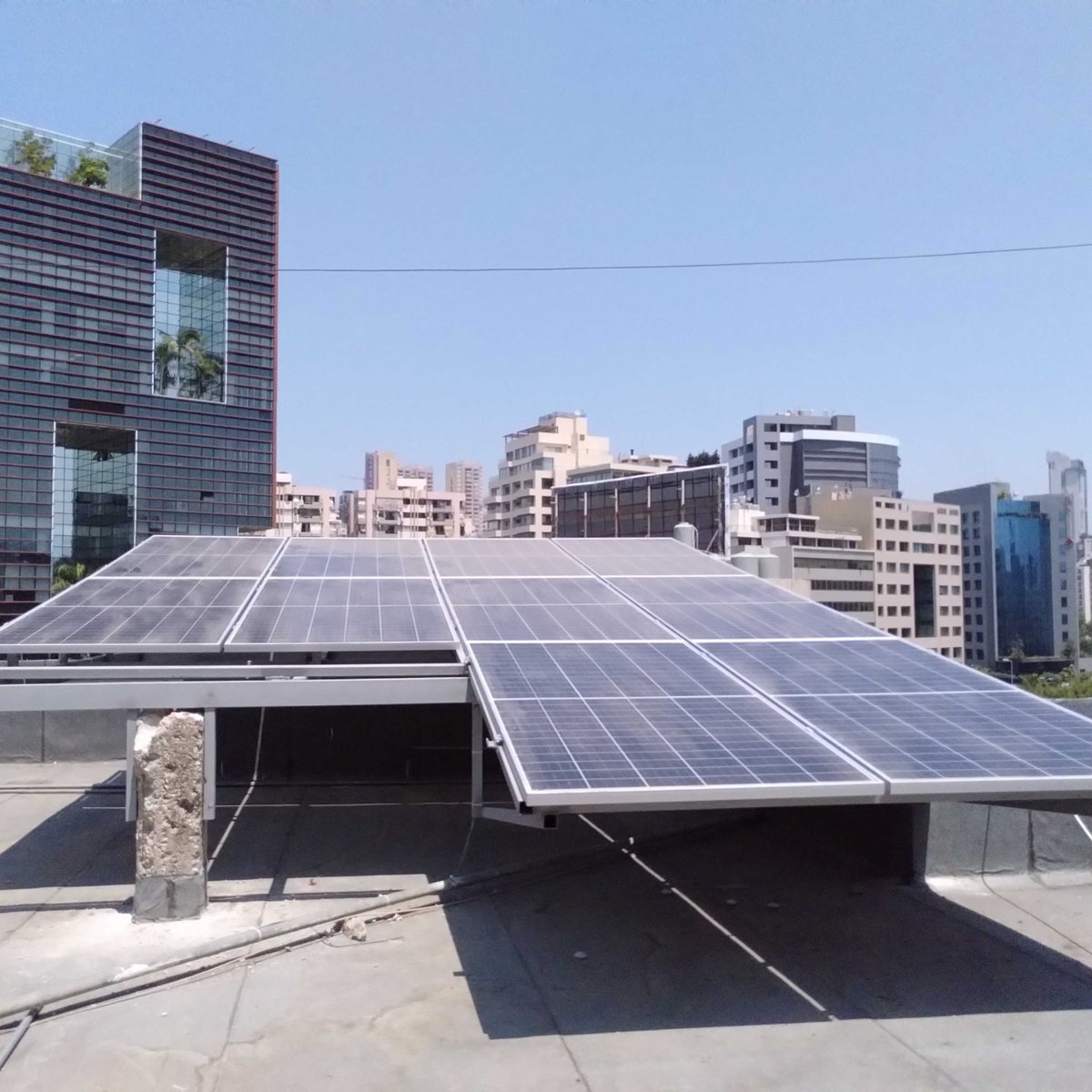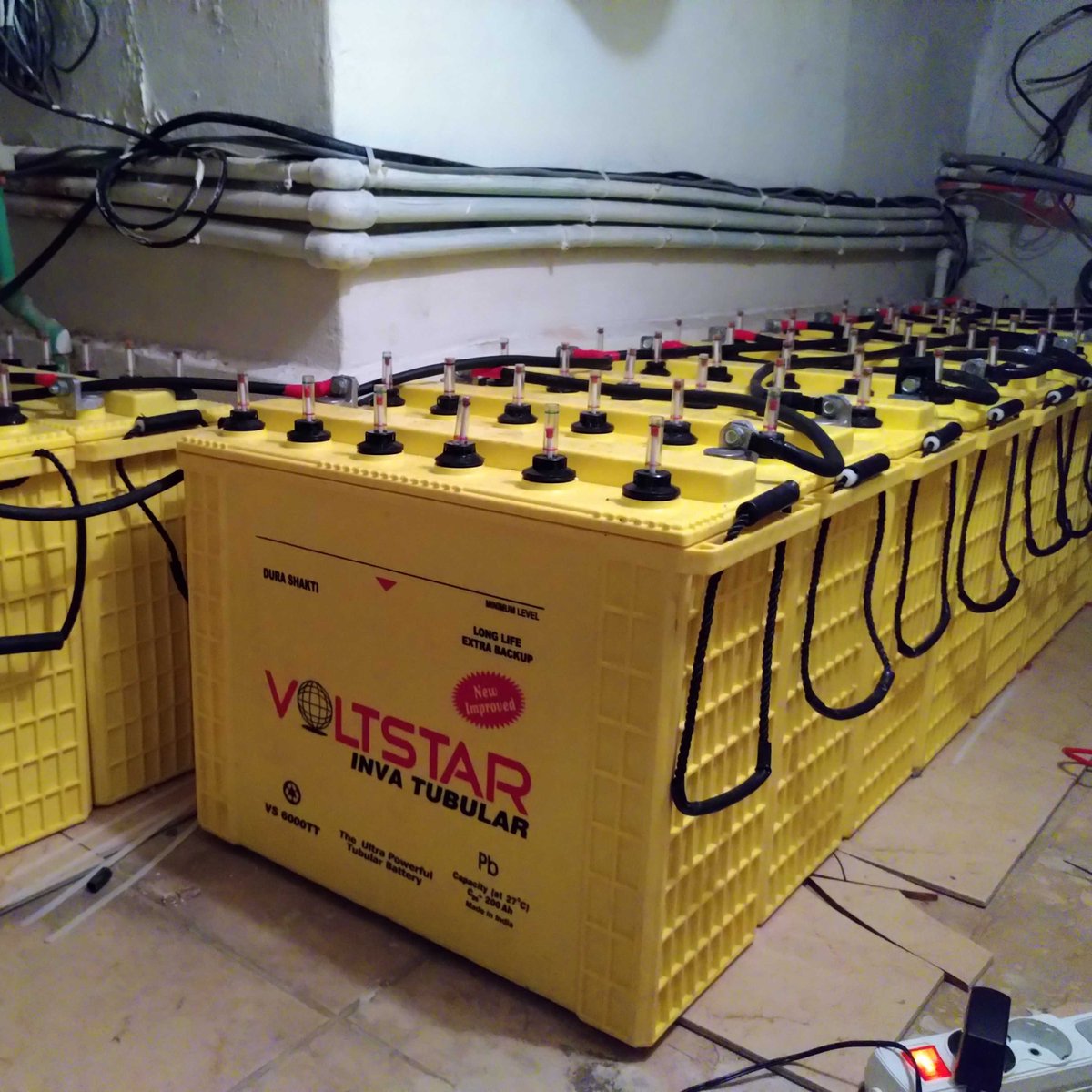
The best time and place to speak about solar power is during a stretch of bad weather, in a country where you usually have both a lively sun and a moribund electric grid. Solar should be a no-brainer, although it's anything but ⤵️
Here, you can see in purple the moments where we received electricity from the public grid, over the past month, as well as their random distribution within a 24h hour timeframe. In yellow, our reliance on self-produced electricity. So far so good 

The problem with solar is that, even with capacious batteries and a merciful climate, you struggle to align production and consumption. Here, note that every day of ours is not only different energy-wise: It involves either a surplus or a deficit 

In fact, under optimal conditions, surplus is the rule, and the data doesn't account for it. When your batteries are full and your consumption is low, PV panels stop producing abruptly, as you can see here, when our office was empty last weekend 

Although battery technology has improved, it will only make up for daily cycles and the occasional energy splurge. In bad weather, you must drastically curtail consumption. We use forecasts to reconcile today's "budget" with future needs 

As we are willing to adjust constantly, our system is calibrated for sobriety. However, if you want to consume electricity by modern life's standards, you need excess PV panels and batteries, which also imply a much larger, wasted surplus
In sum, the effective use of solar power requires much more than good weather, especially if it is to meet environmental concerns. It calls for some form of scale, where users share on a mini grid at least: for example, our office with residential neighbors
Second, it implies an energy mix. We use gas for cooking and occasionally for heating, which illustrates how solar energy cannot reasonably be expected to cover all needs at all times. Third, to adapt consumption, you need much better data
The points above bring us to a fourth and final one: Equipments must evolve. Most solar systems are not designed for mini grids and provide really shoddy data. In turn, most appliances are still meant for the pre-solar age of plenty.
The energy transition is a learning curve!
The energy transition is a learning curve!

• • •
Missing some Tweet in this thread? You can try to
force a refresh








